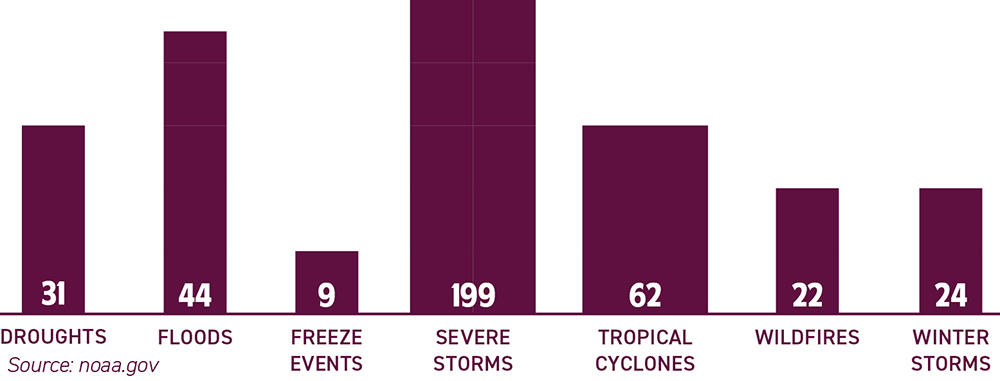As summer turns to fall, employers across the country are getting ready to present their annual open enrollment options for employee benefits. As an employee, whether you’re a newbie or an experienced hand at choosing employee benefits, it is crucial to do your homework before making your selections.
WEIGH YOUR CHOICES
Health and other benefit options can change from one year to the next, even when providers haven’t. Health insurance plans regularly change their premiums, deductibles and other out-of-pocket costs, and employers could pass increases on to employees. Plans add and subtract network health providers, and may do the same with peripheral benefits such as chiropractic care and acupuncture.
You’ll also want to examine any health savings plans offered, including the Health Savings Account (HSA) if you have a high-deductible health plan. HSA contributions are deducted pretax, and potential earnings and qualified withdrawals are tax-free. In 2025, contribution limits will increase to $4,300 for self-only coverage and $8,550 for family coverage.
AND THERE’S MORE
Disability income (DI) insurance may also be an important coverage for younger employees, who are much more likely to become disabled than to die at their age. This insurance protects what is many employees’ largest asset — their ability to earn a living.
While health insurance is the primary “want” of most employees, other benefits may play an important role in your financial and risk planning. Employer-sponsored life insurance — typically of the term variety — can provide a good foundation of insurance to help protect loved ones. Because it is group life insurance, it typically won’t need underwriting — an important consideration for employees with preexisting conditions.
Life insurance, DI and other benefits may also be tax-advantaged, reducing taxable income and, ultimately, taxes. These are a few of what can be many benefit offerings.
Discuss your choices with your financial and tax professionals.







